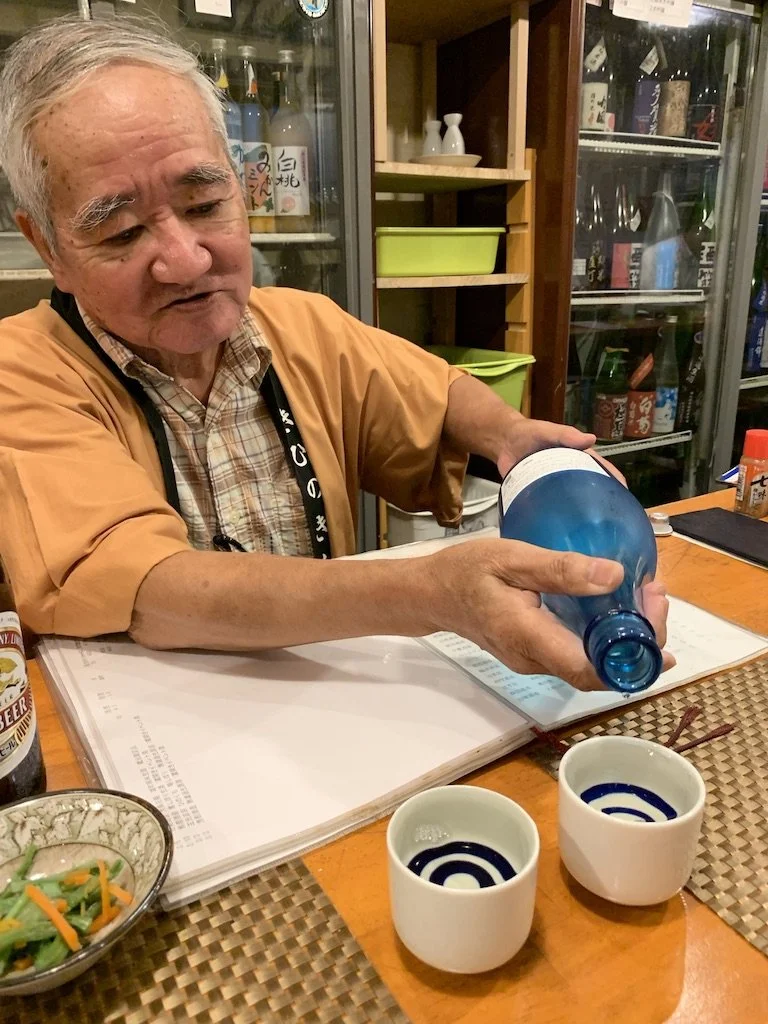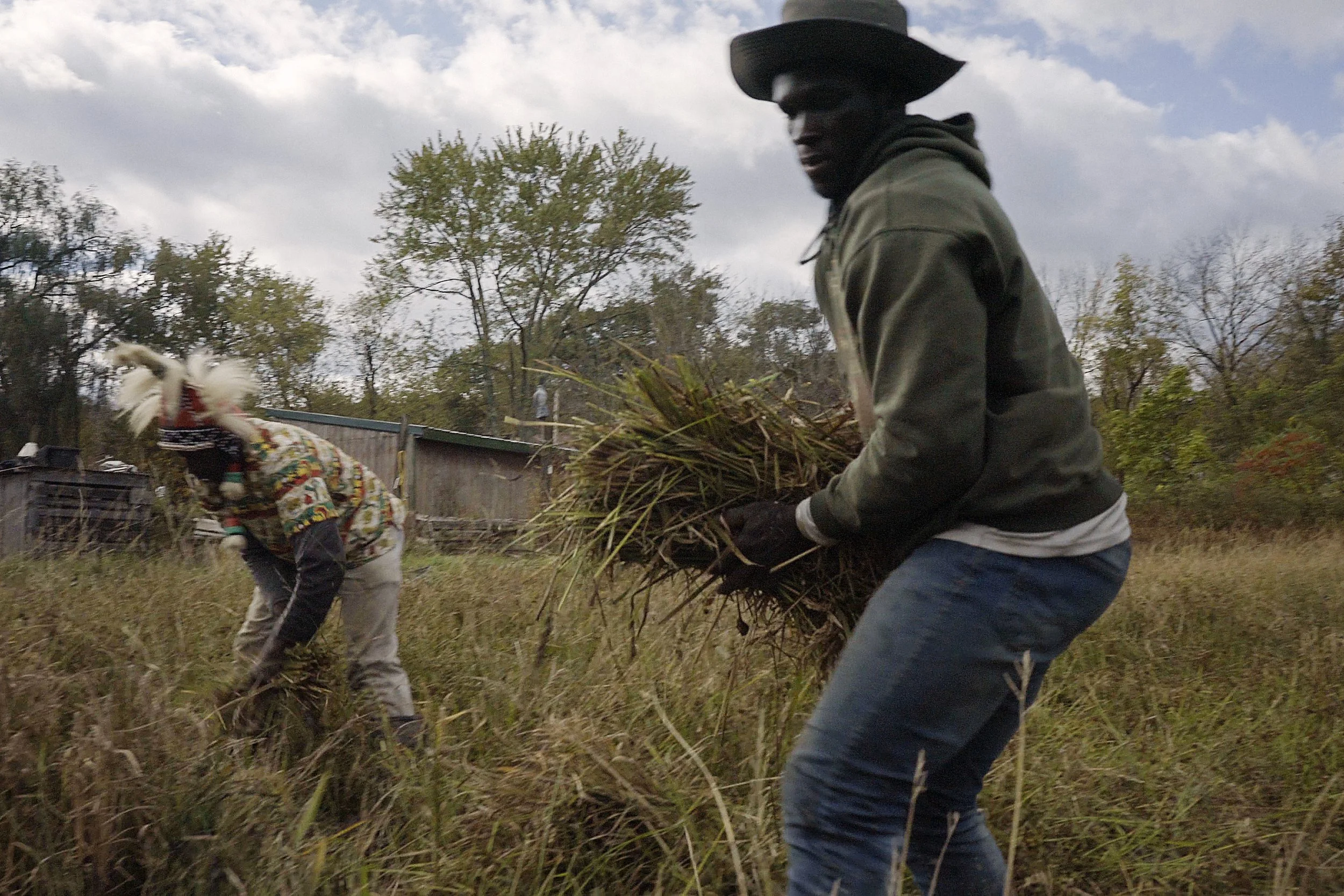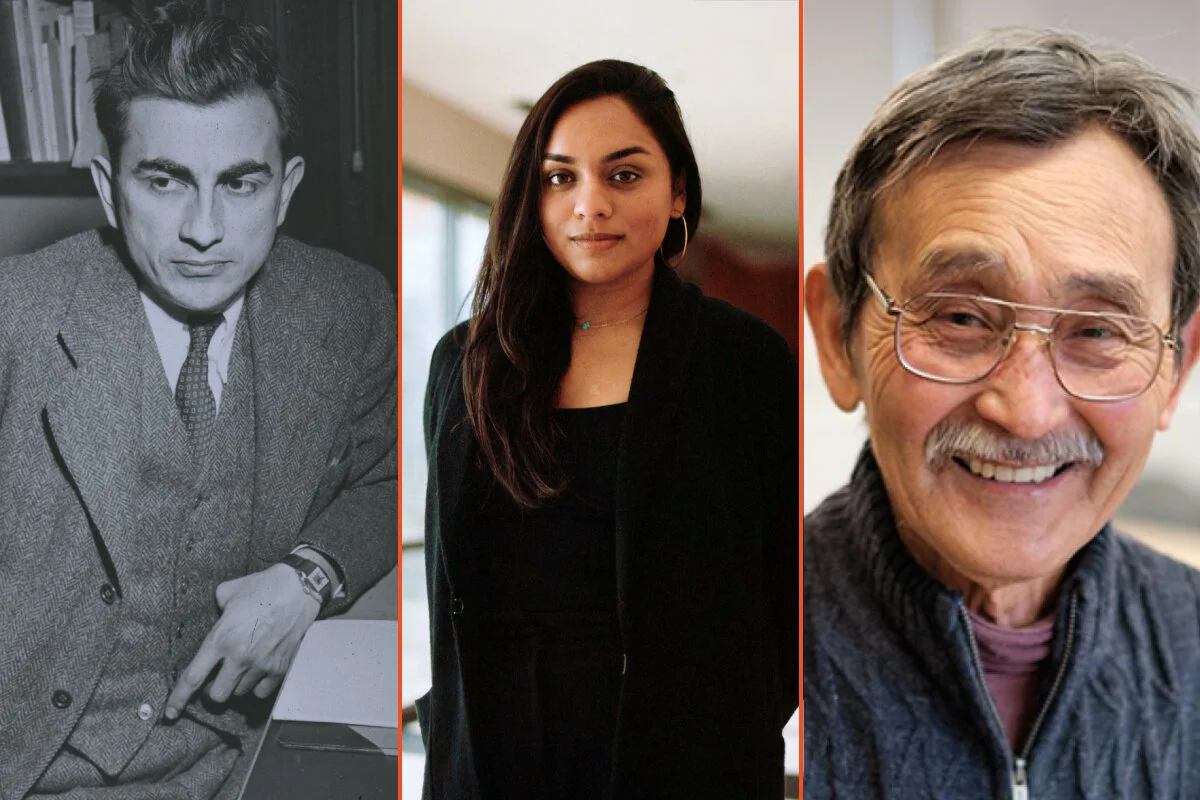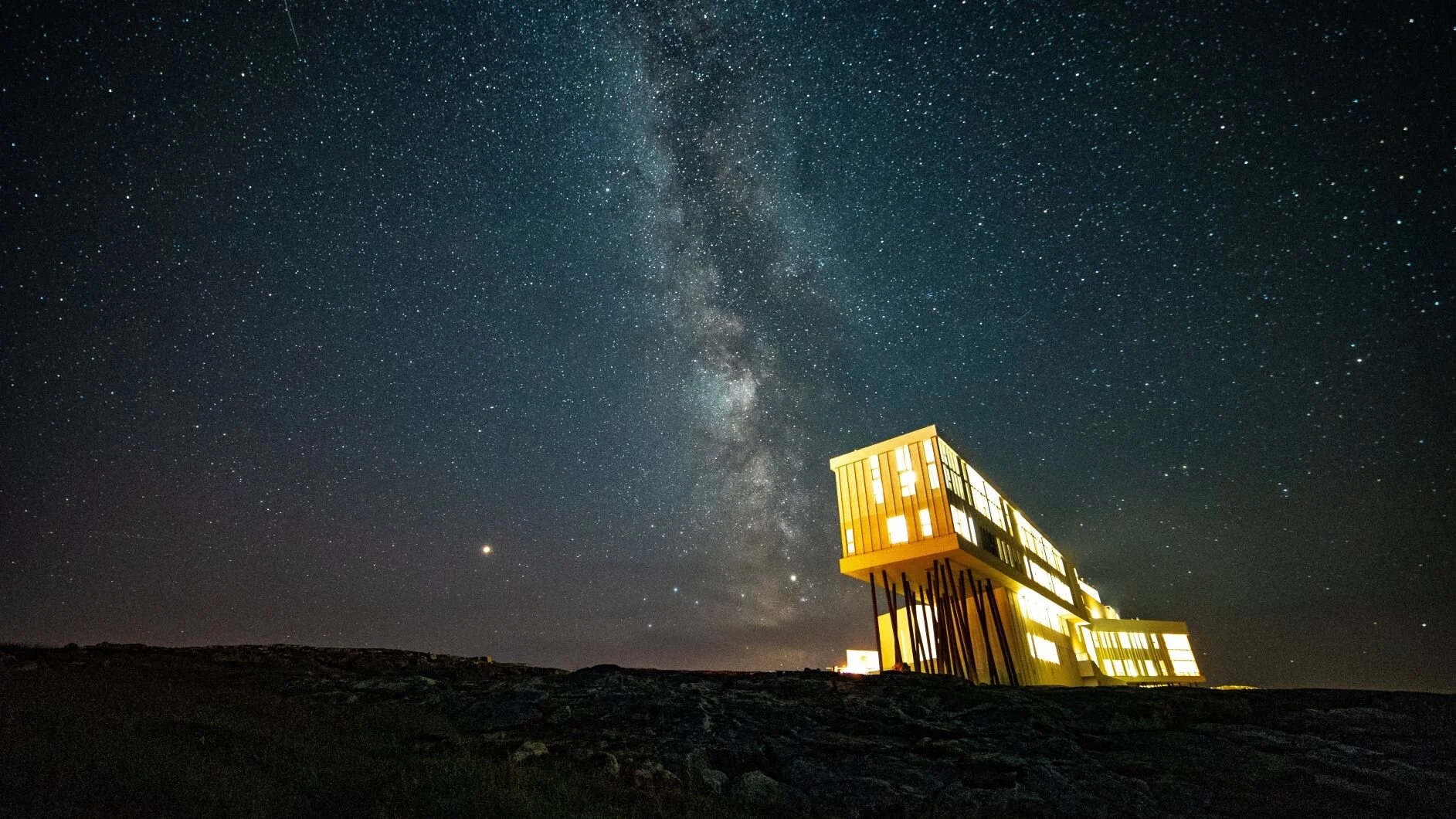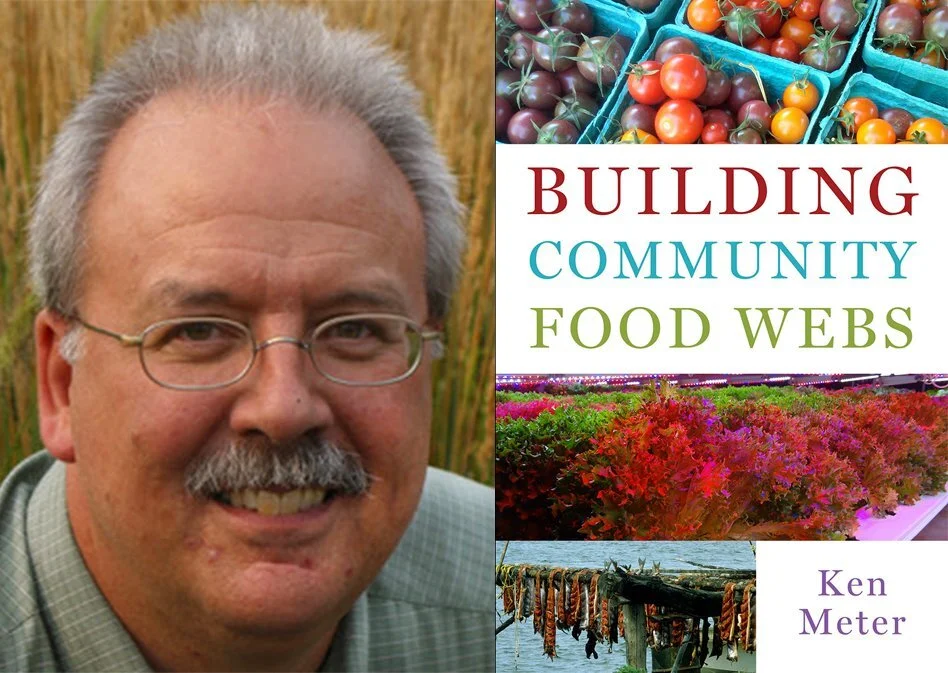Rice, Water, Earth: Notes on Sake
Some random thoughts and information on sake, spillover from the process of writing Rice, Water, Earth: Travels through Japan’s Artisanal Sake Culture with my co-author, sake sommelier and Sake Samurai Michael Tremblay. Look for it from Tuttle Publishing in Spring 2022.
Forthcoming from UCLA’s Asian American Studies Press, my decade-long passion project: the translation of my grandparents’ book of Japanese poetry, By the Shore of Lake Michigan.
As editor of the book, I worked with two multi-talented translators, Mariko Aratani and Kyoko Miyabe. In addition to translating, Kyoko is painter and acting chair of the Humanities and Sciences Department at the School of Visual Arts. Here is one of her works from 2016.
Frontispiece to the original, 1960 Japanese-language edition of the book, written by my grandparents, Tomiko and Ryokuyō Matsumoto. Their poems detail the period from 1942, when they were imprisoned in the World War II U.S. government prison camp at Heart Mountain, Wyoming, through their relocation to Chicago after the war.
Mariko is a Japanese poetry translator, Fordham University Japanese language instructor and once made her living as a jazz pianist. This is her first work of collage, titled "Women's March," inspired by her experience marching in New York City.

